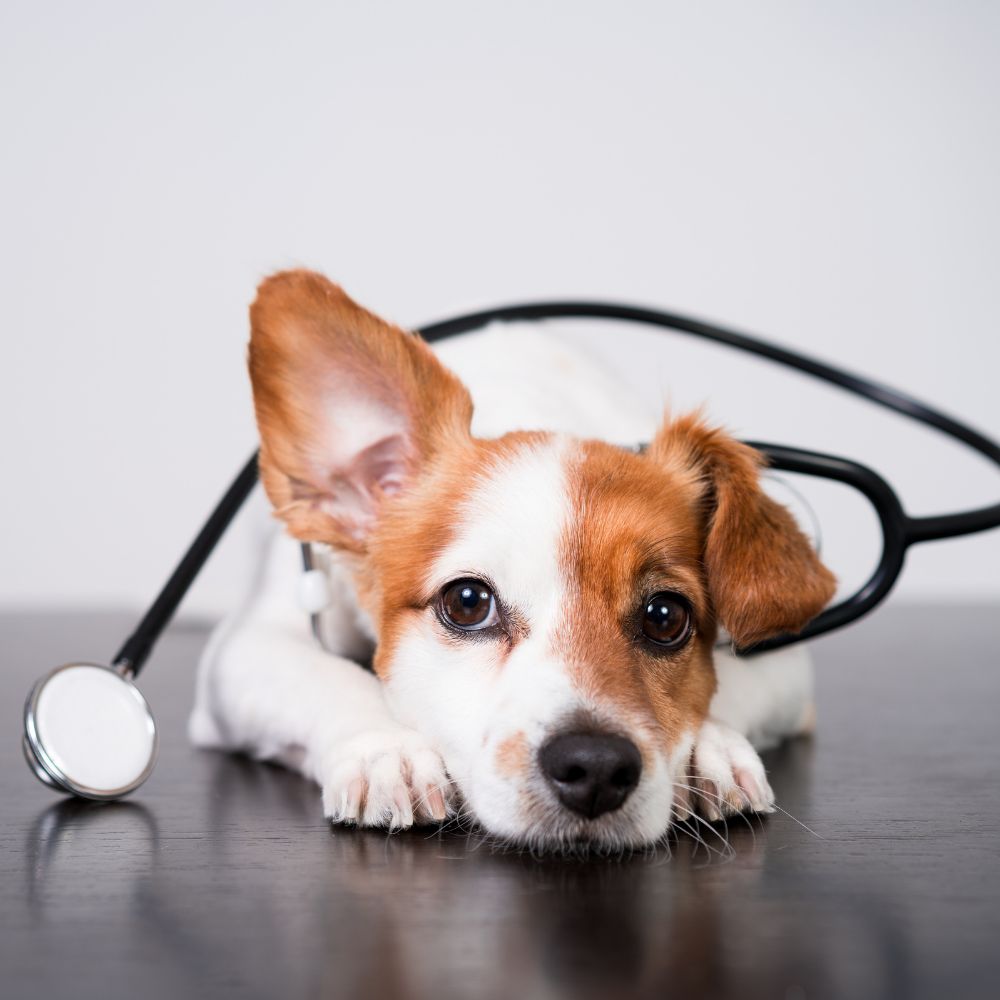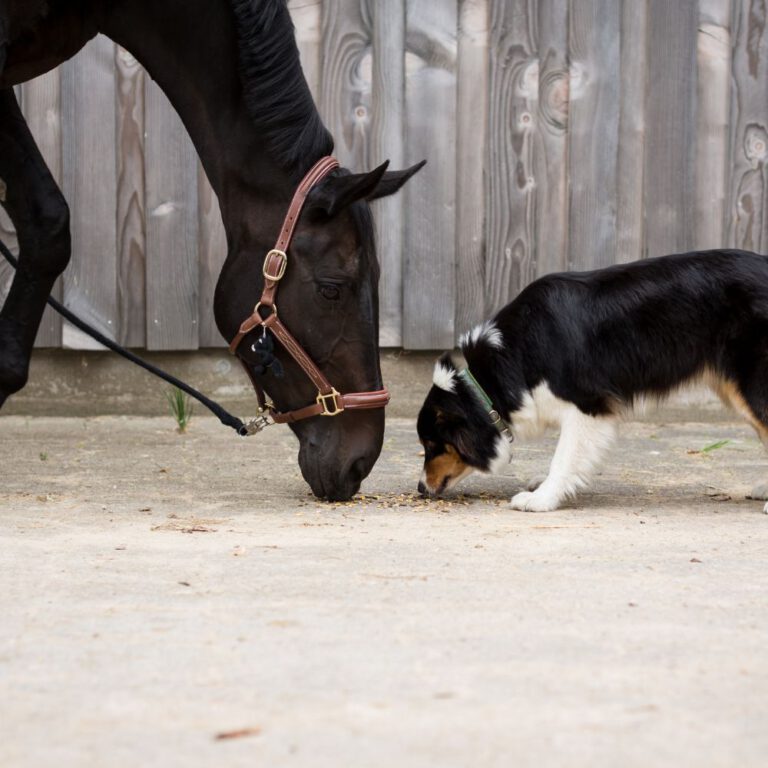First Visit to the Vet with Your Dog
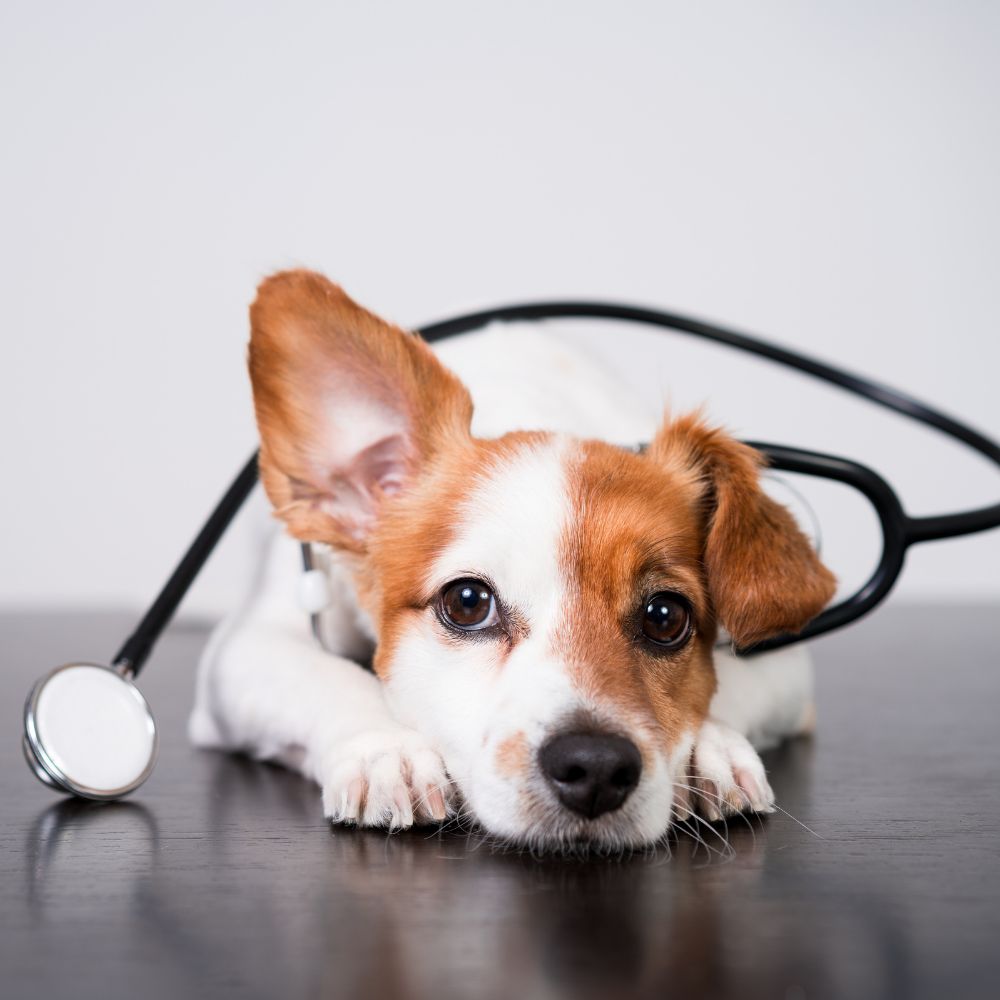
Taking your dog to the vet for the first time is a significant step in ensuring their long-term health and well-being. This initial visit is crucial for establishing a baseline of your dog’s health and setting the stage for a positive relationship with your veterinarian. Here’s what you need to know to make your first vet visit smooth and productive.
Preparing for the Visit
Preparation is key to making the first vet visit as stress-free as possible for both you and your dog. Start by choosing a reputable veterinarian. Ask friends, family, or local dog owners for recommendations, and consider reading online reviews. It’s important to find a vet who is knowledgeable, compassionate, and conveniently located.
Once you’ve selected a vet, schedule an appointment and gather all necessary paperwork. If you’ve adopted your dog from a shelter or breeder, bring any medical records, vaccination history, and information about their diet and any medications they might be taking. This information will help the vet get a complete picture of your dog’s health.
Before the visit, spend some time familiarizing your dog with car rides and the vet’s office environment if possible. Short, positive trips can help reduce anxiety. Bring along your dog’s favorite toy or blanket to provide comfort, and ensure they are securely restrained in the car.
What to Expect During the Visit
Upon arriving at the vet’s office, you’ll likely start with a check-in process. Provide the receptionist with your dog’s medical records and any other relevant information. If there is a waiting period, try to keep your dog calm and distracted with toys or treats.
During the appointment, the veterinarian will perform a thorough physical examination. This typically includes checking your dog’s weight, temperature, heart rate, and respiration. The vet will also examine your dog’s eyes, ears, mouth, skin, coat, and overall body condition.
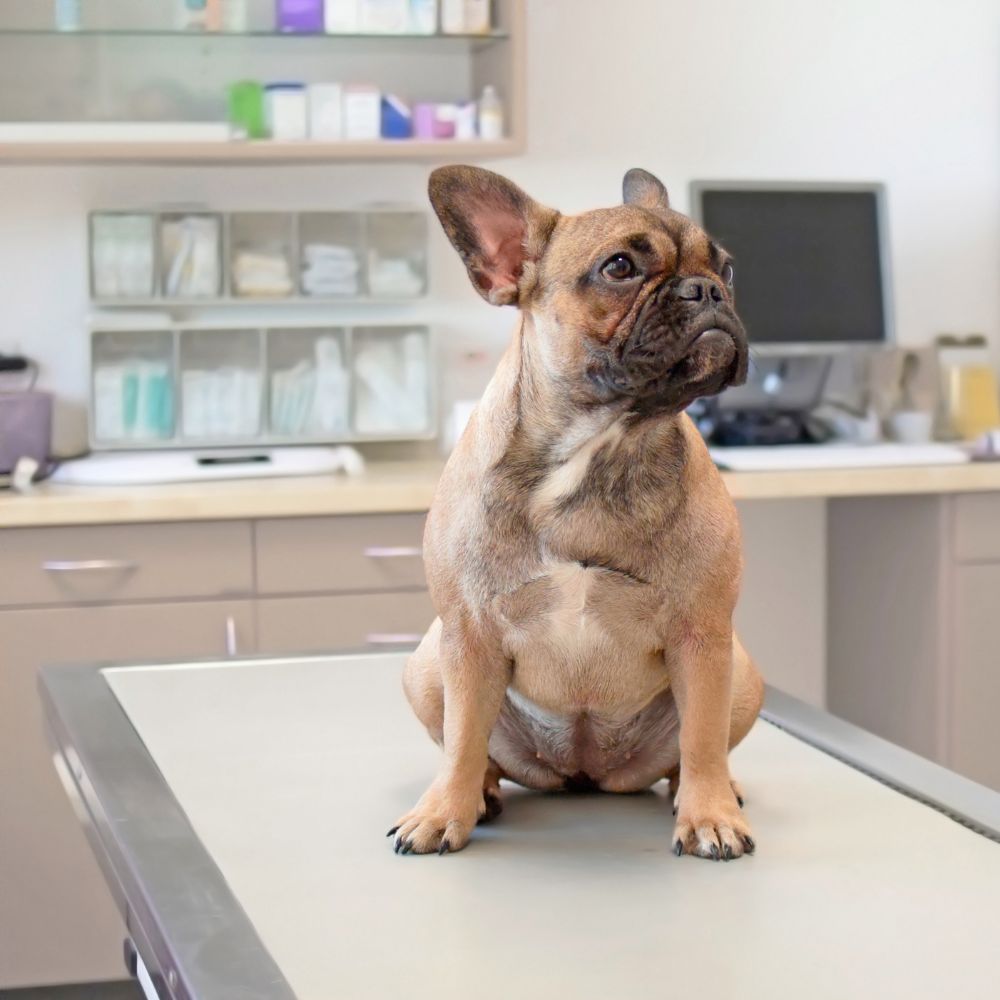
Key Topics to Discuss:
- Vaccinations: Your vet will review your dog’s vaccination history and recommend a schedule for any necessary shots. Core vaccines typically include rabies, distemper, parvovirus, and adenovirus. Depending on your dog’s lifestyle and exposure risk, the vet might also recommend non-core vaccines like those for Lyme disease or kennel cough.
- Parasite Prevention: Discuss a plan for preventing fleas, ticks, and heartworms. The vet may recommend specific products based on your dog’s age, size, and environment.
- Diet and Nutrition: Talk about your dog’s current diet and any concerns you might have. The vet can offer guidance on proper nutrition, feeding schedules, and appropriate portion sizes.
- Behavior and Training: If you’re experiencing any behavioral issues with your dog, now is a good time to bring them up. The vet can provide advice or refer you to a professional trainer if needed.
- Spaying/Neutering: If your dog hasn’t been spayed or neutered, the vet will discuss the benefits and potential timing of the procedure.
Making the Most of the Visit
The first vet visit is an opportunity to build a relationship with your veterinarian. Don’t hesitate to ask questions, no matter how trivial they might seem. Common questions might include:
- What are the signs of common illnesses or health problems I should watch for?
- How often should my dog have check-ups?
- Are there any specific health concerns for my dog’s breed?
- What should I do in case of an emergency?
Take notes during the appointment so you can remember the vet’s advice and follow up on any recommended actions. Your vet might also provide brochures or information sheets about various aspects of dog care.
After the Visit
After the vet visit, your dog might be a bit tired or stressed. Provide them with a calm environment and plenty of water. Follow any instructions given by the vet, such as administering medications or scheduling follow-up appointments.
Keep a record of all veterinary visits, including dates, treatments, and any notes about your dog’s health. This will help you track your dog’s medical history and ensure they receive timely care in the future.
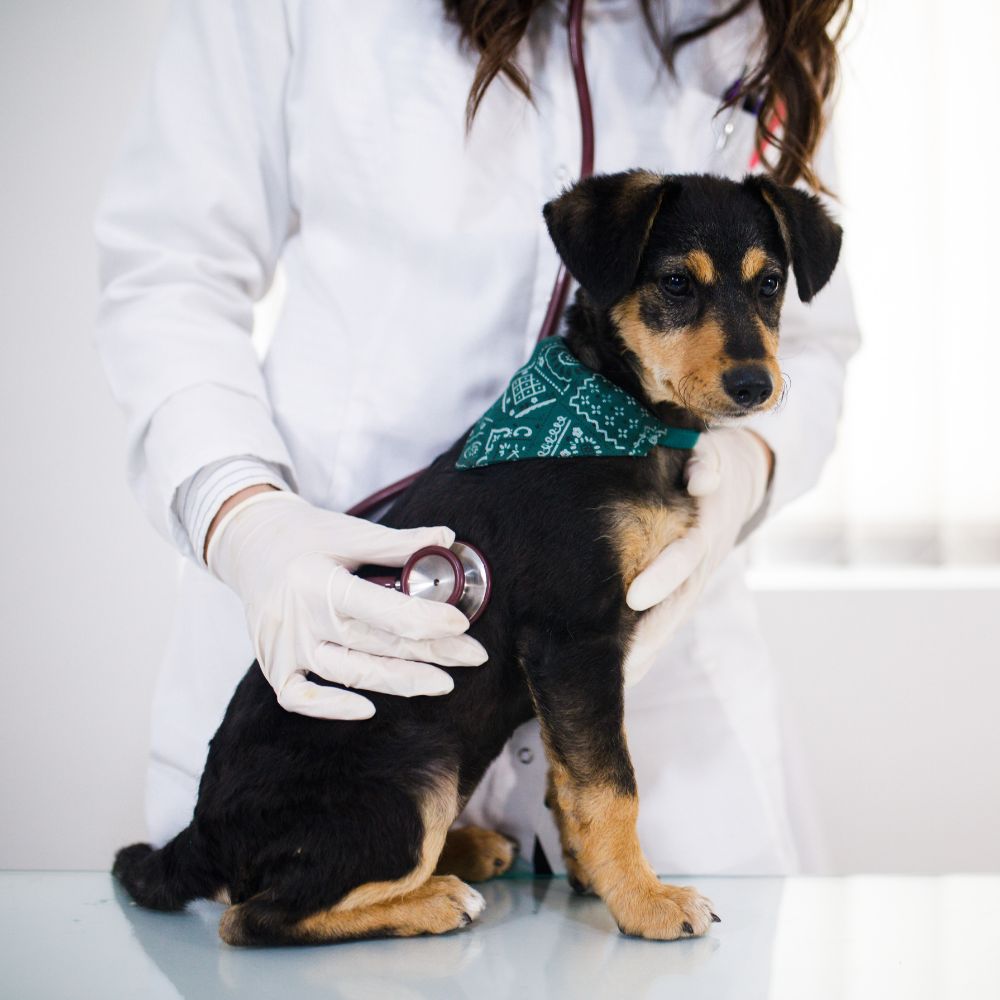
Conclusion
The first visit to the vet is an essential step in ensuring your dog’s health and well-being. By preparing in advance, asking the right questions, and building a relationship with your veterinarian, you set the foundation for a lifetime of good health for your furry friend. Remember, regular veterinary care is vital for early detection and prevention of health issues, helping your dog lead a long, happy, and healthy life.
The first visit to the vet is an essential step in ensuring your dog’s health and well-being. By preparing in advance, asking the right questions, and building a relationship with your veterinarian, you set the foundation for a lifetime of good health for your furry friend. Remember, regular veterinary care is vital for early detection and prevention of health issues, helping your dog lead a long, happy, and healthy life.

